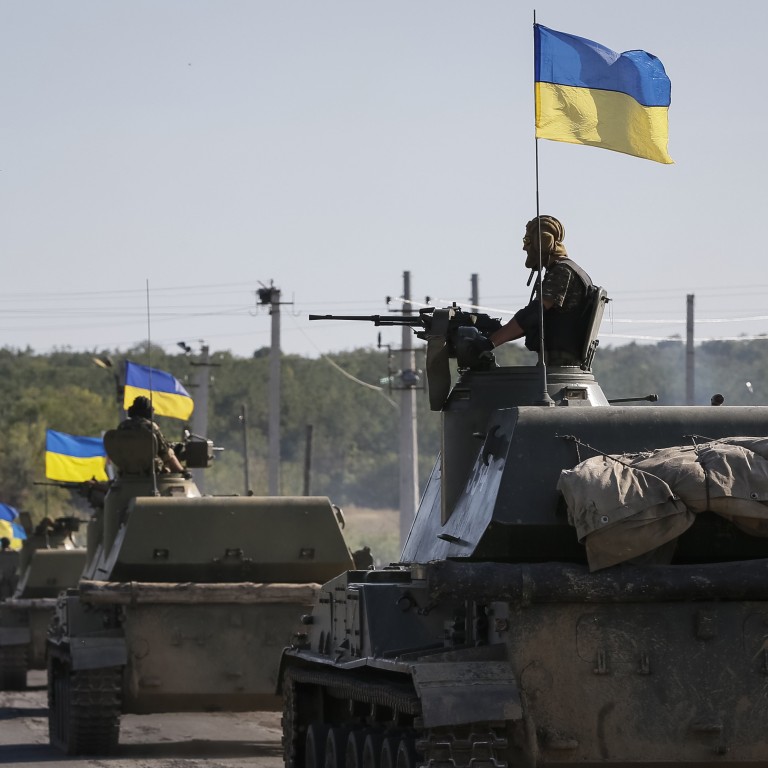
Currency hedge funds welcome a return to market volatility
After posting three straight years of losses that thinned the ranks of hedge funds specialising in currencies, the foreign-exchange market is showing signs of rebounding.
After posting three straight years of losses that thinned the ranks of hedge funds specialising in currencies, the foreign-exchange market is showing signs of rebounding.
Parker Global Strategies' index of leading currency funds climbed 0.9 per cent in August, the most since January 2013 and trimmed losses in 2014 to 2.2 per cent. That followed a 0.3 per cent rise in July, the first two consecutive advances since October, as diverging policies among central banks create wider price swings for investors to exploit.
Over the last couple of years … markets were moving too much in tandem
The gains are providing comfort after almost six years of near-zero benchmark interest rates suppressed volatility and cut returns. Assets managed by funds focused on foreign exchange shrank 6.4 per cent in the first half of 2014 to US$18.4 billion, after a 20 per cent drop last year when firms such as FX Concepts, once the world's biggest currency hedge fund, closed down.
"Things are better," said Robert Savage, the chief executive of hedge fund CCTrack Solutions and former chief strategist at FX Concepts. "To say August is the turning point will be a bit of a stretch, but there are ways to make money."
The Parker index finished last month at 124.22, after falling to as low as 122.46 on August 8 from 127 at the end of 2013. It peaked at 139.6 in October 2010.
Volatility is crucial for returns. JPMorgan Chase's gauge of the outlook for exchange-rate swings rose to a three-month high of 6.48 per cent on Tuesday amid fighting in Ukraine and Gaza. While that's still below an average of 10.4 per cent over the past decade, the gauge is up from a record low on a closing basis of 5.29 per cent in July.
Splits in policy among central bankers in the US, euro zone, Britain and Japan are becoming more pronounced, setting their currencies on diverging paths. London-based LNG Capital started a currency fund in July, saying "differing global macroeconomic environments" are creating opportunities.
"One of the problems over the last couple of years was that markets were moving too much in tandem with each other," said Andre Honig, executive director at Transtrend, a US$5.8 billion Rotterdam-based managed futures fund. "That 'super herd' behaviour has started to fade."
Many funds are still waiting for better days. The Parker Global index is still poised for its fourth consecutive annual decline, losing 10 percent since 2010.
QFS Asset Management closed its currency programme and returned almost US$1 billion to clients in January, citing lack of opportunities.
